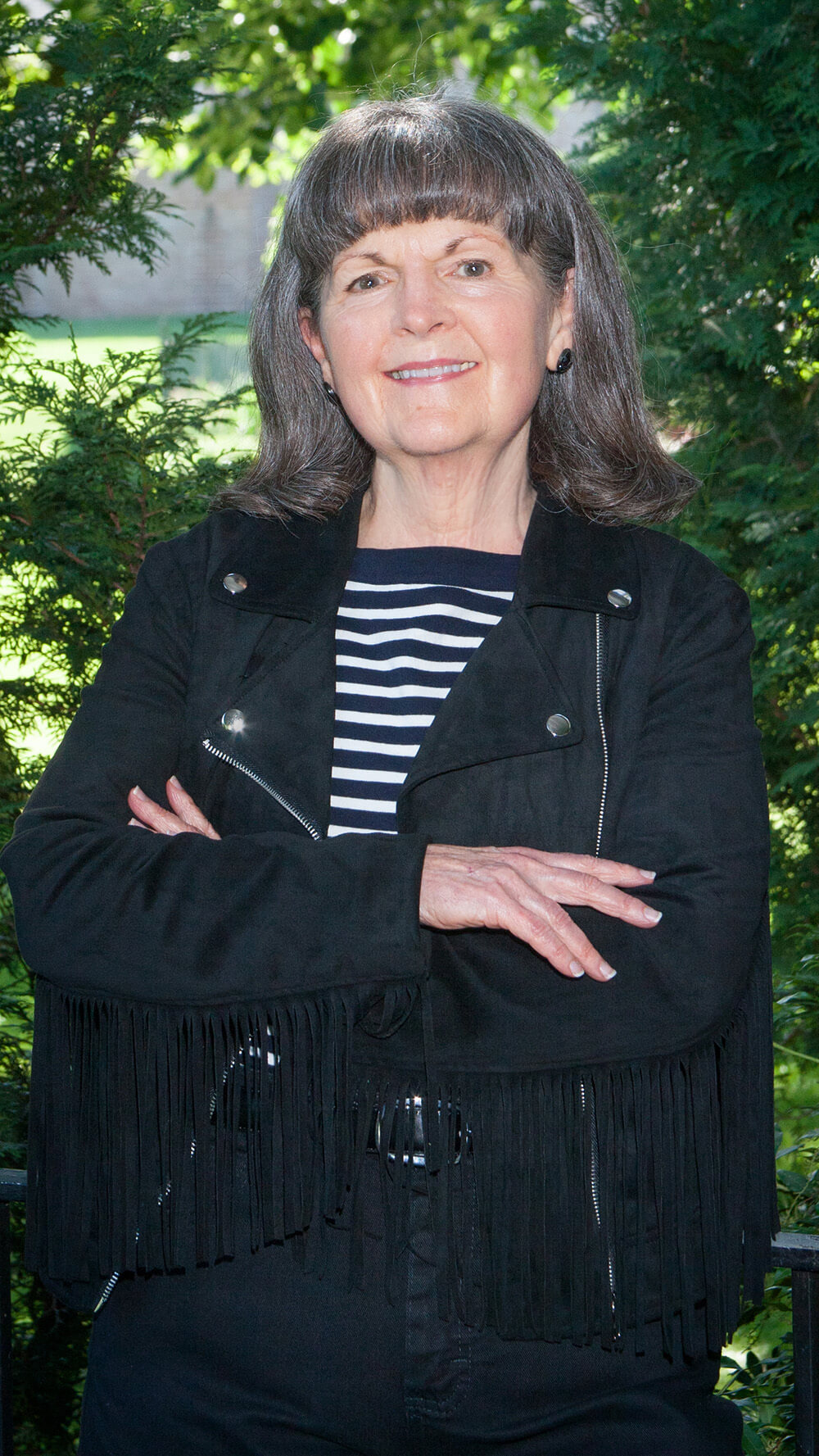March 2015
Let’s start with a quick synopsis of your new historical novel, Eighteen in 1942.
Corbin O’Connell is stuck on the family farm and in love with his best friend’s girl. To escape these perceived troubles he naively enlists in the Army to fight the war, but life veers off in its own mad direction when he is captured by the Germans and ultimately becomes one of 350 U.S. soldiers taken to Berga, a Nazi slave-labor camp.
Your father was a World War II veteran. Was it because of his service that you wrote this book?
My father was in the Navy during World War II and the Korean War. Unfortunately, I know very little about that time of his life. Like most veterans of war, he rarely talked about it and I didn’t ask while I had the chance.
Eighteen in 1942 is a novel inspired by true events. In your acknowledgements you mention Donald Rhodes whose personal history inspired some of the book. Who is Rhodes and how did he inspire it? Was he the inspiration for the main character, Corbin O’Connell?
Donald “Dusty” Rhodes lives here in Waynesboro. He allowed me to use his military track for my main character, and I spent many hours talking to him. Though he was not one of the 350 soldiers transported to Berga, he was captured in a similar way at the Battle of the Bulge and endured his own ordeal as a POW. There is a bit more about him in the “Historical Notes” at the back of the book.
Why did you write this as a novel instead of non-fiction account?
First, though I had plenty of information about the Berga experience, I did not have enough detail about any one person to develop a comprehensive nonfiction book.
Second, the lure of writing for me is being able to weave my own story, develop my own characters and their interrelationships, tap into the wide range of human emotions. Non-fiction does not offer that level of freedom.
In addition to personal accounts, what other research did you do?
I used film, written materials and internet websites. A complete list is in the back, under “Resources”.
The story is about American soldiers who are in a Nazi concentration camp. What surprised you the most about the conditions?
We have all seen enough vivid film adaptations and documentaries of the holocaust to no longer be surprised by it. But I was greatly surprised that 350 of our American soldiers were thrown into such a place and treated in such a way.
The story is not only about how these men survived, but of the American spirit and of the generation of men. How hard was it to capture that type of determination?
Resource materials were filled with examples of the American spirit and I have tremendous respect for that generation, my parents’ generation, so it wasn’t difficult to capture it. If anything, I had to try hard not to overdo it to the point of being sappy.
What did writing this novel teach you about yourself?
That I love history even more than I thought, and that I especially enjoy working inside a historical framework where plenty of drama already exists and can be used.
What do you think World War II has taught us?
World War II showed us a seemingly infinite range of human capability: stunning bravery, endurance, industriousness, loyalty, self-sacrifice, heroism, and brutality. And it demonstrated once again the horrors and waste of war. But, considering all the wars since then, it appears we’ve learned precious little.
What do you hope readers will get from reading your novel?
I think it’s important to remember the war still described as the worst world catastrophe. Maybe my book can help with that.
Are you working on any other project?
Yes, I’m formulating ideas for another historical novel. Not another about World War II just yet, though.
Where can readers purchase your novel?
Amazon, in paperback or Kindle, and local book stores.
